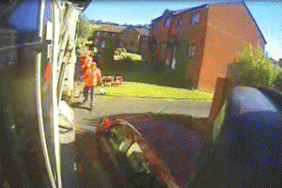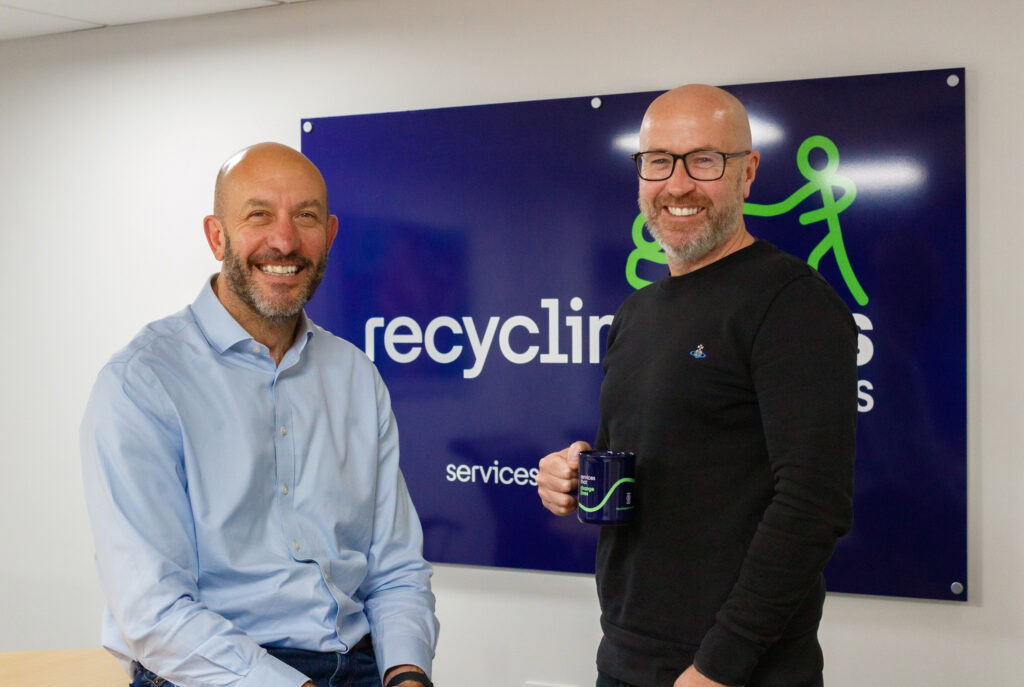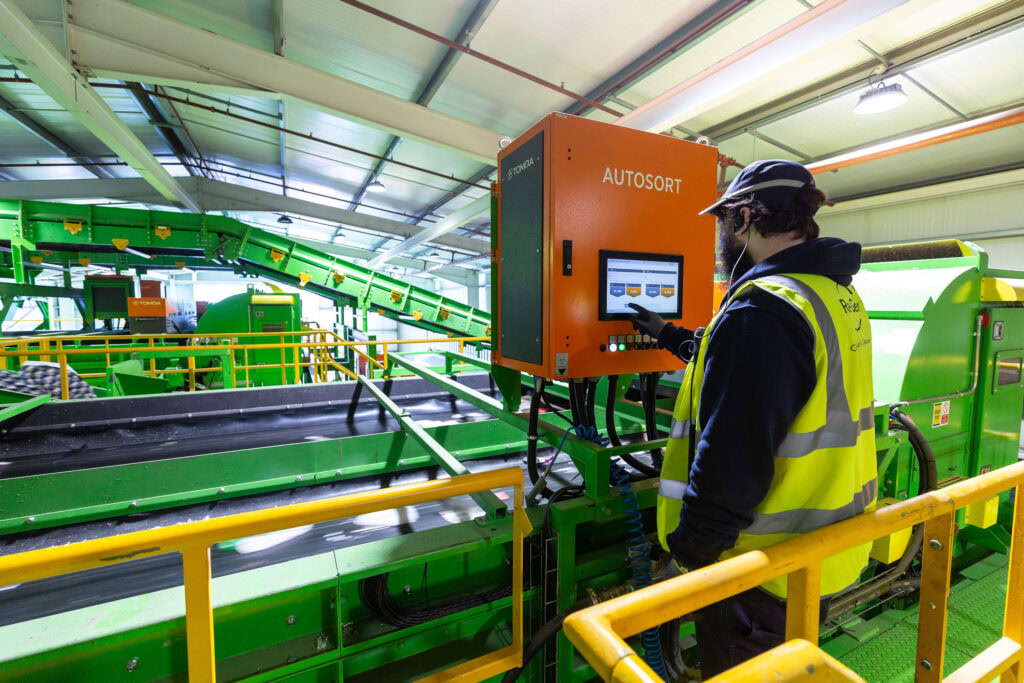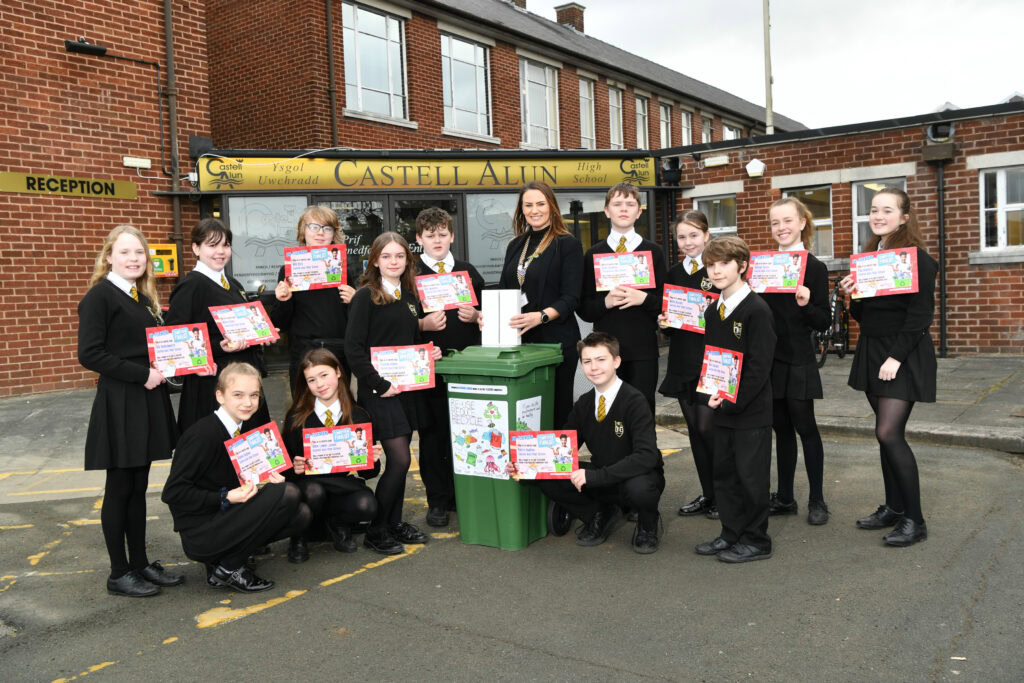So it is encouraging that Biffa Group has received ‘five star’ recognition from the British Safety Council for its efforts to improve health and safety in the workplace for a third consecutive year.

The BSC carried out a four-day audit into Biffa’s operations across various sites and operations throughout the UK in January 2015, scrutinising the firm’s performance on management systems, emergency systems, accident reporting, near misses, ill health and evidence of improvement.
Matt Humphreys, Biffa’s head of safety, health & quality, describes the process as “intensive” but is thrilled the company is helping to “set the standard” for the waste industry.
Sitting down with letsrecycle.com at the firm’s High Wycombe headquarters, Mr Humphreys explains that Biffa’s health and safety record follows the roll out of its ‘iforsafety’ campaign, as well as introducing a “robust governance process” to make sure that management keep safety top of their agenda.
The results speak for themselves. In March 2015 the lost time incident rate was down 44% on its worst point in July 2013. According to Mr Humphreys, Biffa’s materials recycling facilities are now 20 times safer than they were four years ago.
“We are now more inclined to get our staff turning around and telling a colleague they shouldn’t be working unsafely and the culture of peer pressure has diminished greatly,” he says.

As well as the ‘top down’ approach, Biffa also engages its workers through its iforsafety behavioural change programme. According to Mr Humphreys, “90% of our accidents involve someone doing something unsafely that they have been trained not to do.” Part of the success of the programme is raising awareness of the importance of reporting ‘near misses’ in the workplace. Biffa has incentivised colleagues at some sites using charitable donations or employee awards to give an element of competition to drive improvement.
Mr Humphreys adds “by reporting issues before they cause accidents, we can deal with the root cause before someone gets injured”. However, Mr Humphreys is keen that Biffa does not offer financial rewards for reporting near misses, which can encourage fake reporting for personal gain.
Elsewhere, Biffa has helped boost its safety image with campaigns that have caught the public’s imagination, such as ‘Cars on Pavements’. The campaign, which has been conducted by Biffa’s municipal division, aims to increase awareness by asking drivers to be patient and considerate if they encounter Biffa collection vehicles picking up waste from the kerbside.
Impatience
Impatient road users have been known to mount pavements in order to bypass the collection trucks, narrowly missing Biffa collection crews. Staff have also received threats and even physical abuse from drivers. The initiative has achieved success across many of the firm’s contract areas, in particular the Wirral in Merseyside and in South Staffordshire.
“It’s very difficult to get a foothold with the general public,” Mr Humphreys explains. “Our crews are often viewed as just something that is getting in people’s way. But there has undoubtedly been a change of perception towards our staff where we have had the support of the client and the local police force.”

‘People in Bins’ is another major safety campaign launched by Biffa in 2013. This initiative followed a report compiled by Biffa, the Chartered Institution of Wastes Management and charity StreetLink that found 38% of rough sleepers in bins were only discovered by waste collection crews during the lifting operation, and 16% when tipped out.
“There have been a number of people killed as a result of sleeping in bins across the waste industry and with the move towards separate bins for recycling in recent years, the incentive to sleep in bins has arguably increased. As a result of raising awareness internally, we had 93 people in bins reported by our drivers in 2014/15.”
Looking to the future, Biffa is keen to emphasise the importance of driver safety and awareness. In November, the company was rocked when a collection driver was crushed and killed by his vehicle while working in South Queensferry near Edinburgh. It was the first employee fatality for Biffa in six years.
Tragedy
“It is a terrible tragedy when something like that happens,” reflects Mr Humphreys. “The business was devastated by the news from the very top down.”
Mr Humphreys emphasises that Biffa trucks are fitted with CCTV, reversing sensors, 360 degree cameras and front-facing cameras where appropriate to limit the dangers to crews and pedestrians and a handbrake alarm warning system that sounds when you open the door of the truck if the handbrake is not applied.
[testimonial id = “232” align=”right”]
Biffa has also stepped up its drive to promote healthy living among workers after learning of an incident unrelated to the company in which a council-owned collection vehicle in Glasgow killed six pedestrians on a busy street days before Christmas. The driver is understood to have fallen unconscious at the wheel.
Mr Humphreys says that the company is currently recruiting for a health and wellbeing manager to help encourage staff to think proactively about lifestyle. But could this be perceived as interference in workers’ personal lives? “It’s about helping people to understand the dangers a little bit more. Many of our drivers and office staff spend a lot of time sat down. Our role is to promote a healthy lifestyle inside and outside of work without preaching,” he adds.
Advice
Whether the drive works or not, Biffa appears to be leading by example. What advice would it give other waste firms aiming to improve their health and safety record? Mr Humphreys thinks carefully before replying. “Remove the hierarchy as much as possible and solve these problem issues together”, he concludes. “Look at larger companies and what they are doing, and emulate that on a smaller level. Getting advice in this area is like pushing against an open door.”
- For an in-depth discussion on Health and Safety within the sector, Join us at the annual Health and Safety Conference on 16 July










Subscribe for free